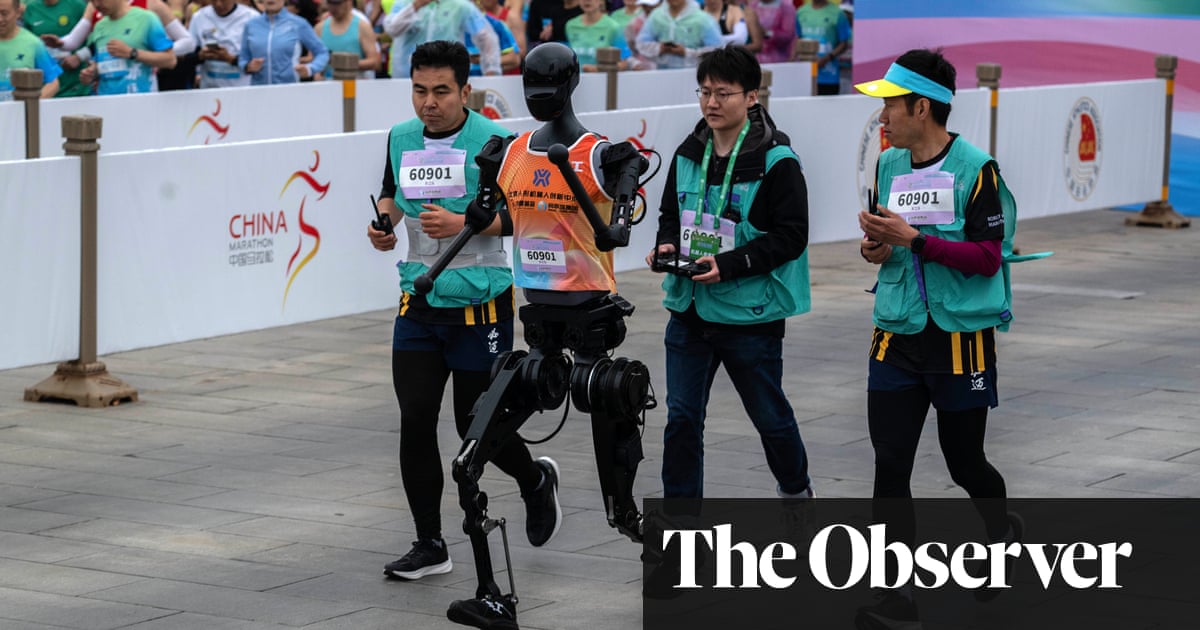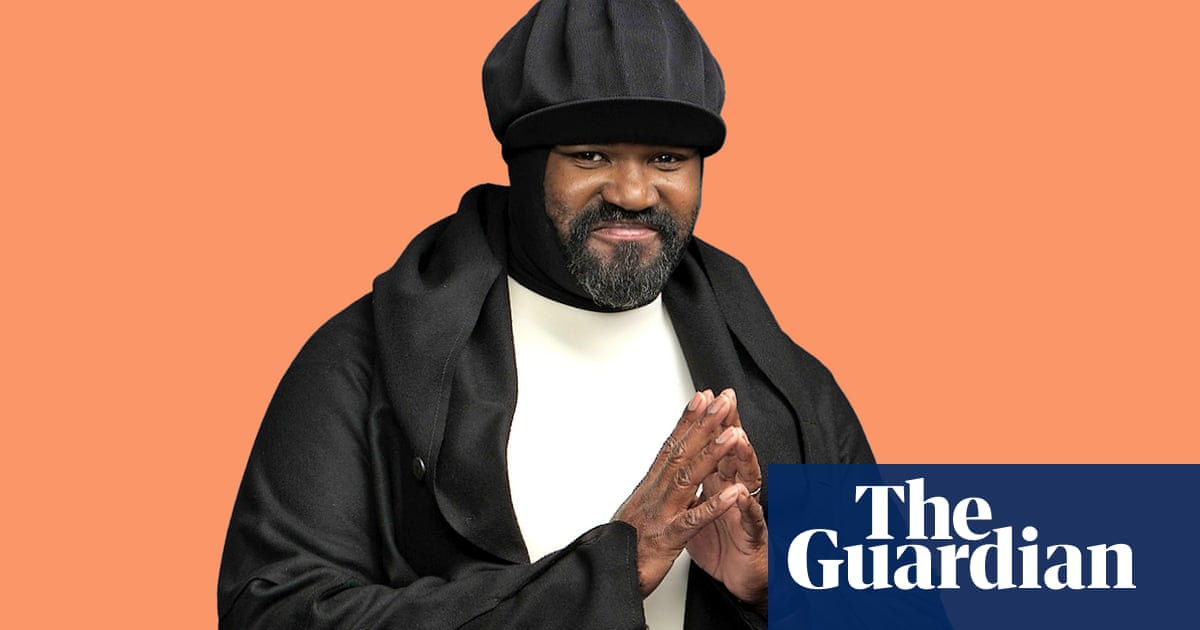I love to run, but ask me about my running times or distances and I will have no idea. For me, running is about squeezing exercise into a busy schedule, clearing my head and being in nature. I don’t need to measure it.
But unfortunately I am not immune to the oh-so-pleasing dopamine injection of unboxing a new bit of wearable tech, personalising the app for hours and thinking this might just change my life – the new, calmer, fitter, stronger, smarter me dangling tantalisingly within reach. One such scenario occurred after researching the importance of human connection on mental and physical health: less stress, less inflammation, less illness. Human connection, I learned, can stimulate and be facilitated by the vagus nerve – a primitive part of the nervous system.
Naturally, this research segued into subreddits, podcasts, scientific studies and, eventually, wearable tech that would hack the vagus nerve to achieve mental and physical harmony. I was genuinely excited that I might have found a possible route to being calmer. Vagus nerve activity, it turned out, could be measured by detecting a person’s heart rate variability (HRV) and stimulated with specific breathing exercises.
Low HRV is associated with chronic disease and depression. The good news was that my baseline HRV was decent. This would be fun, I thought, since I was already aceing it. I wanted to get it even better.
The breathing exercises were really hard. My app would tell me whether I was breathing in the rhythm required to stimulate my vagus nerve; most of the time, I wasn’t. I did a bit better when I gave up on the visual prompts for inhaling and exhaling and got into my own comfortable deep breathing rhythm. That didn’t make any sense to me, but I diligently kept on, night after night, even though it ate into my reading time.
Many factors – sleep, alcohol consumption, diet, exercise, stress levels, illness – can affect HRV, so there was suddenly a gamified motivation to get my entire lifestyle in excellent order consistently. This surely would change my life! It did, but not in the way I had hoped.
I would wake up every morning and check my HRV. If it was decent, great! If it wasn’t, an unease would creep over me. Was I getting ill? Did I not rest properly after exercise? Did I let myself get too wound up by the kids? Should I not have had a nice evening out with a friend last night? But I thought connection was good for the vagus nerve – maybe human connection only works if you also have an early night? And so on.
after newsletter promotion
Using the device also opened the floodgates to tracking myriad other biofeedback data. To measure my HRV, I had to wear it all night, which meant I received sleep scores every morning. Even though I have always slept well and felt no need to track my sleep, now I was being told I didn’t get much deep sleep, which could be problematic. Also, I would have to faff around correcting the sleep log if it got my sleep duration obviously wrong. All this before a cup of tea.
Elsewhere in the app, I started logging my periods and headaches – something doctors had long suggested to help identify a hormonal migraine trigger. I suddenly had a lot of extra jobs that all involved intricate thumb work while squinting at a small screen, when I could have been kicking back, scrolling animal reels.
The result? I started to feel like a frustrated failure who couldn’t hack her own nervous system. I suddenly suspected all sorts of things might be wrong with me, even though in retrospect they were probably just symptoms of being alive. I longed for my pre-HRV-aware self, who felt healthy enough overall, if at times stressed and exhausted.
So, after some months, I gave up chasing the HRV dream and ended my devotion to biofeedback. I felt instantly liberated – from all those annoying microjobs and from all that biofeedback stoking the uniquely human concern that you’re not doing life correctly, when there is no such thing.
These days, it feels good to listen to my instincts. And, come to think about it, perhaps the reason running never gets old is that I do it the way I want to – without giving a second thought to the metrics.

 3 months ago
68
3 months ago
68













































